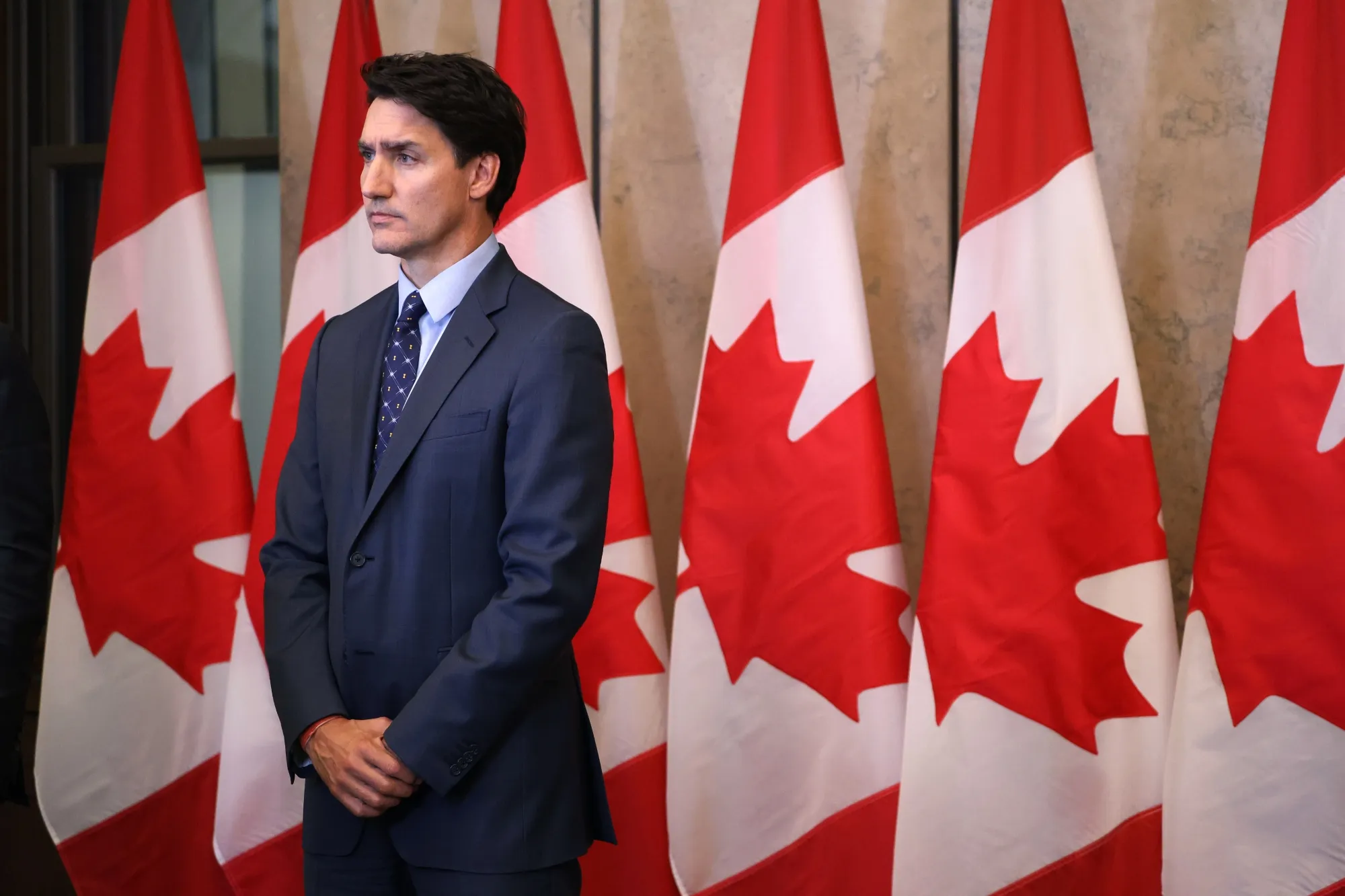At Niagara Falls, the renowned honeymoon and tourist attraction along the U.S.-Canadian border, visitors from both nations reacted to President Donald Trump’s unsolicited suggestion that the U.S. annex Canada with a sense of detached amusement.
Do they take the idea seriously? In general, no. However, some citizens of both countries question the need to create conflict with one of America’s closest allies when little friction existed to begin with.
“We’re allies,” said Shannon Robinson from Milton, Ontario. “We love you guys. And we take pride in the friendly relationship we share. But we’re also proud to maintain our distinct identity.”
Trump’s proposal is audacious, offensive, and uninformed, yet “he’s free to say whatever he wants, and in a way, it’s actually fostering unity among Canadians right now,” Robinson remarked while standing on the Niagara Falls Observation Tower, which extends over the Niagara Gorge and provides an unobstructed view of all three waterfalls and the Niagara River.
In some cases, this sense of unity was expressed through jeering. The reaction was somewhat more subdued on a recent day as tourists from across the globe, bundled up against the sub-freezing temperatures, gathered to witness the breathtaking scenery of the falls.
Jeremy Powers from Panama City, Florida, commented that the Republican U.S. president’s notion of annexing one of America’s most significant allies and trading partners is “very strange.”
“Maintaining their sovereignty as an independent nation is essential, in my opinion,” said Powers, who was in New York state for work and decided to visit Niagara Falls.
“You know, we don’t need to revert to manifest destiny and acquire more land. Instead, we should collaborate with other countries in a more cooperative and friendly way,” Powers added before crouching to retrieve his camera equipment from a bag.

Trump Wants To Annex Canada
Manifest destiny, the belief that the United States is uniquely exceptional among world nations and divinely destined to expand its territory across North America, fueled U.S. growth throughout the 19th century.
Before Trump’s remarks about incorporating Canada, Greenland, and the Panama Canal—or even colonizing Mars—territorial expansion had not been a major focus in foreign policy discussions.
“The United States will once again see itself as a growing nation, one that enhances its wealth, expands its territory, develops its cities, raises its expectations, and carries its flag toward new and magnificent frontiers,” Trump declared in his inaugural address. “We will pursue our manifest destiny beyond Earth, sending American astronauts to plant the Stars and Stripes on Mars.”
Canadian Energy Minister Jonathan Wilkinson acknowledged that Trump is indeed bringing Canadians together, but he noted that they are no longer amused by the talk of annexation.
“Regarding the 51st state, I think when that idea was first mentioned, some people found it humorous,” Wilkinson stated in a recent interview with The Associated Press. “I don’t believe Canadians find it funny anymore.”
Back at Niagara Falls, mist rose from the icy waters. On Rainbow Bridge, the American and Canadian flags stood mere feet apart, symbolizing two neighboring nations jointly admiring the shared splendor of nature.
Joseph Sullivan, a landscaper who traveled from New Orleans to upstate New York, viewed Trump’s proposal as “harsh.”
“All he’s doing,” Sullivan said, “is creating discord and making other countries resent America.”
